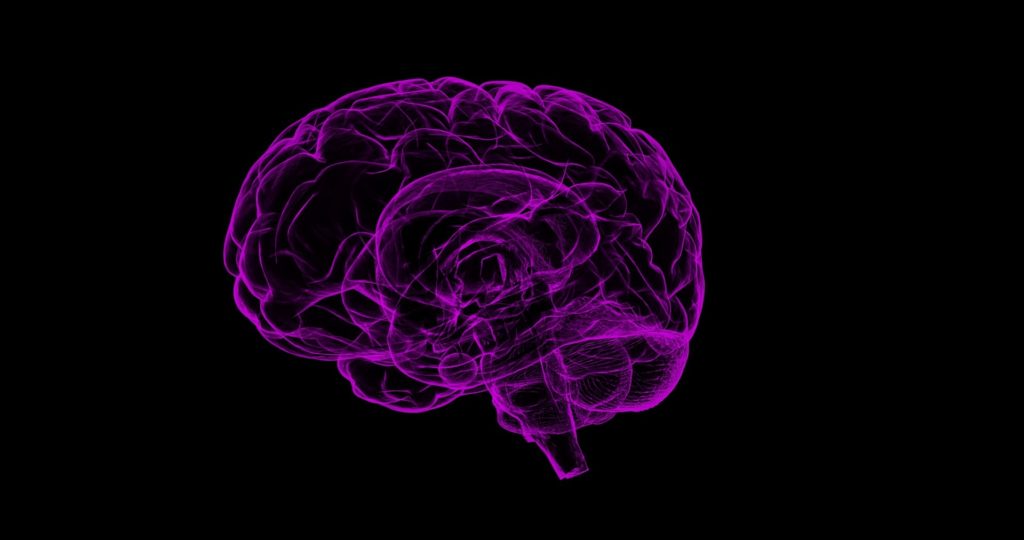- Calls to this hotline are currently being directed to Within Health or Eating Disorder Solutions
- Representatives are standing by 24/7 to help answer your questions
- All calls are confidential and HIPAA compliant
- There is no obligation or cost to call
- Eating Disorder Hope does not receive any commissions or fees dependent upon which provider you select
- Additional treatment providers are located on our directory or samhsa.gov
“It’s All in Your Head”: Brain May Be Predisposed to Eating Disorders

Blog Contributed by Crystal Karges, MS, RDN, IBCLC, Special Projects Director @ Eating Disorder Hope and Jacquelyn Ekern, MS, LPC, President @ Eating Disorder Hope
Anorexia Nervosa is the deadliest of all psychiatric illness, yet many stigmas continue to enshroud understanding about this and other eating disorders. Eating disorders are thought to develop from a multitude of factors, which interplay under the right circumstances. These factors could be:
- Environmental
- Social
- Psychological
- Biological
How Society Portrays Eating Disorders
However, this is not typically how eating disorders are portrayed in our society. The media is a typical culprit of eating disorders, largely to blame for projections of photo-shopped images and unrealistic portrayals of women and men. Families can also become a target of fault for reasons why eating disorders develop, with neglect or strained relationships among the explanations.
However, the biological component behind eating disorders is typically overlooked and misunderstood, though research is beginning to alter our viewpoint.
Comparing the Brains of Women with and without Eating Disorders
A study completed by a team of psychiatrists out of the University of California, San Diego, studied and compared the reward regions in the brain among three groups of women:
- 14 recovered anorexic women
- 14 recovered bulimic women
- 14 women who had never had an eating disorder
In healthy individuals, the reward center of the brain, known as the primary gustatory cortex, will react under certain stimulations, such as the taste of sweet flavors. In this particular study, participants were fed small tastes of sugar through a syringe pump every 20 seconds while their brains were scanned.
Researchers found differences in how the reward center in the brain responded among the groups of women. The women who had recovered from anorexia showed less activity in the reward center of their brains than the healthy women.
Alternately, the women who had recovered from bulimia showed more activity in the reward center of their brains, compared to that of the healthy women. This evidence led researchers to conclude that such atypical responses to sugar, or “sweet flavors”, could biologically predispose individuals to developing eating disorders.
Results from this growing area of research confirm that genetic or biological factors could indeed contribute to an eating disorder.
Why Research on Eating Disorders Is So Important
Dr. Walter Kaye, Professor of Psychiatry and Director at UCSD Eating Disorder Program, noted:
“Many patients have described finally feeling a wave of relief after learning that the anxiety they experience is not their fault, but partly due to how their brain is responding to food. Understanding why their eating disorder is driving them to restrict allows them to better target their anxiety around meals. Strategies such as developing routines before meals have shown promise in reducing the anticipatory anxiety leading up to meals and food restriction.”
Eating Disorders Are Not Simple
While many factors may contribute to an eating disorder, such as social pressures and our culture’s obsession with unrealistic body image standards, it is important that any one cause not be singled out. If we are to break the stigmas the surround eating disorders, we must dispel the idea that eating disorder sufferers all fit a certain mold.
When we reach that point, we can help open the door for increased prevention, awareness, and treatment. Eating disorders are complex mental health illnesses, and having greater understanding about the environmental and biological factors involved can advance treatment outreach and effectiveness.
Having a better understanding of an eating disorder and its causes can bring much hope for the recovery process.
